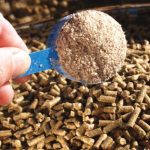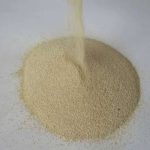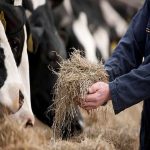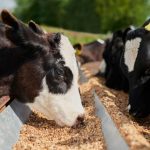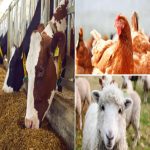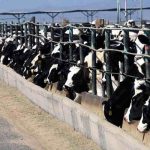Sustainability is at the forefront of modern farming practices. As more animal feed processing factories and breeding farms focus on environmentally friendly practices, yeast culture is proving to be a game-changer. By incorporating yeast culture in animal feed, farmers can reduce feed waste, improve digestion, and contribute to more sustainable operations.
Yeast culture helps optimize nutrient absorption, ensuring that animals get the most out of their feed. For ruminant livestock, such as cattle and sheep, yeast culture for cattle feed improves fiber digestion, leading to better weight gain and improved milk production. Similarly, for poultry, yeast culture for poultry feed boosts egg production and overall health.
In breeding pigs, yeast culture for breeding pigs enhances gut health, leading to faster growth and healthier piglets. Yeast culture also supports the immune system, reducing the need for antibiotics and promoting natural disease resistance. This is especially important for large-scale breeding farms focused on producing healthier, more sustainable livestock.
By choosing yeast culture as a feed additive, farmers are not only improving productivity but also contributing to more sustainable farming practices that benefit both the environment and their bottom line.
 Animal Feed Yeast-Yeast culture manufacturers
Animal Feed Yeast-Yeast culture manufacturers
